Discover Hidden Growth Opportunities as a Backend Developer
Date
Jun 24, 24
Reading Time
9 minutes
Category
Other
- Introduction
- Understanding the Role of a Backend Developer
- Current Trends in Backend Development
- Hidden Growth Opportunities
- Leveraging Freelance and Remote Work Opportunities
- Building a personal brand
- Conclusion
- Frequently Asked Questions (FAQs)
Table of content

Introduction
Backend development is far from obsolete.
Despite new trends like no-code platforms, the demand for skilled backend developers has not dwindled—it has shifted.
According to the Bureau of Labor Statistics, the field of software development, including backend roles, is projected to grow by 25% from 2021 to 2031—much faster than the average for all occupations.
Additionally, the global database management systems (DBMS) market is expected to expand from $63 billion in 2020 to over $97 billion by 2025, as reported by Markets and Markets research.
These statistics suggest that new technologies like no-code platforms aren't pushing backend developers out of the job market but are creating new paths for advancement and innovation.
This guide aims to shed spotlight on those hidden opportunities.
Whether you are a seasoned developer or just starting your career, there are numerous career growth opportunities available for you as a backend developer.
This article will help you explore less common paths in backend development, from mastering new technologies to tapping into the benefits of remote work.
Let’s start this journey and discover how you can leverage these opportunities to advance your career.
Understanding the Role of a Backend Developer
Understanding the role of a backend developer is crutial to recognizing their importance and the career growth opportunities in the field. These professionals handle the critical operations that users don't see but are essential for the functionality of web applications.
Key Responsibilities of a Backend Developer
Backend developers are integral to managing the server-side components of web applications. Here’s a breakdown of their primary responsibilities and the tools they use:
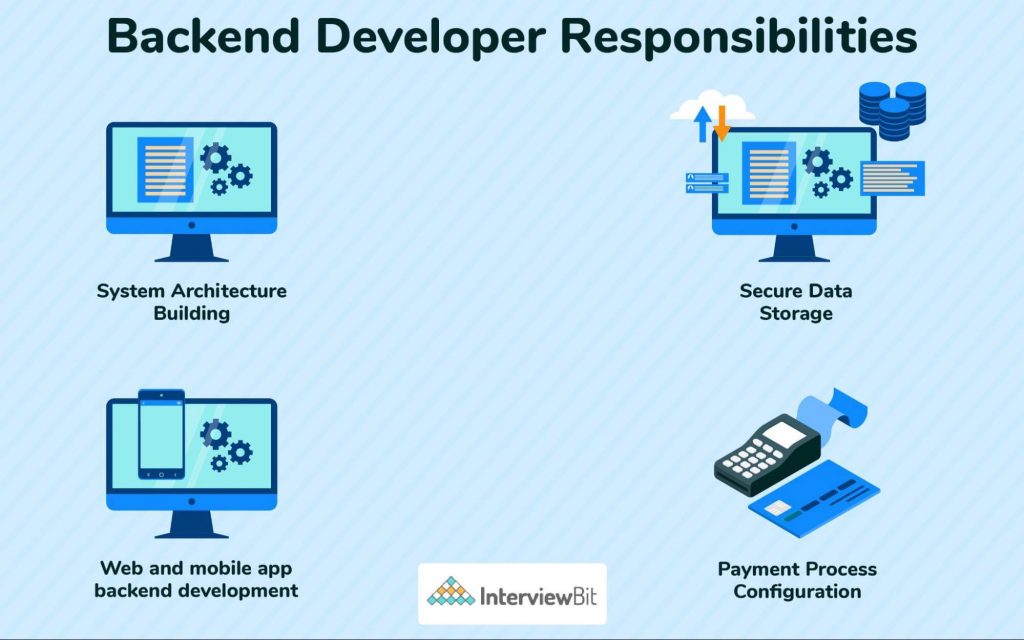
Server Management: They ensure servers run efficiently, using tools like Apache, Nginx, and Microsoft IIS. This includes configuring software, monitoring performance, and maintaining system health.
Database Management: Backend developers design and manage databases with tools such as MySQL, PostgreSQL, and MongoDB. They ensure data is secure, well-organized, and easily accessible, which is crucial for the optimal performance of applications.
API Development: Backend developers create and manage APIs (Application Programming Interfaces) that let different applications communicate. Tools like Node.js and Express are commonly used for crafting these essential interfaces.
Application Logic: They write the logic that processes user actions, such as submitting forms or making requests, using programming languages like Java, Python, and PHP. This logic is critical for the application’s operations.
Security and Data Protection: A fundamental responsibility is to implement security measures with tools like OpenSSL and JWT (JSON Web Tokens) to safeguard data from unauthorized access and threats.
Scalability: Developers ensure applications can handle growth using technologies like Docker and Kubernetes, which help manage increased loads and maintain performance.
Understanding these responsibilities and tools not only highlights the critical role backend developers play but also sheds light on the best career growth opportunities in this field.
As the future of backend development evolves, staying updated with the latest technologies and practices will be crucial for anyone looking to make a mark in Backend Engineering.
Current Trends in Backend Development
As we look at the current trends in backend development, it's evident that the field is rapidly evolving, opening up many career growth opportunities.
These trends are shaping today's landscape and the future of backend development.
Cloud Computing
The shift towards cloud environments continues to dominate backend development. Services like AWS, Azure, and Google Cloud are crucial for deploying and managing applications more efficiently. This trend is driving demand for developers skilled in cloud architecture and management.

Microservices Architecture
Breaking down applications into smaller, independent components has become a popular approach in software development. Microservices allow for more scalable and maintainable systems. Technologies such as Docker and Kubernetes are leading this trend, making deploying and managing microservices simpler and more efficient.
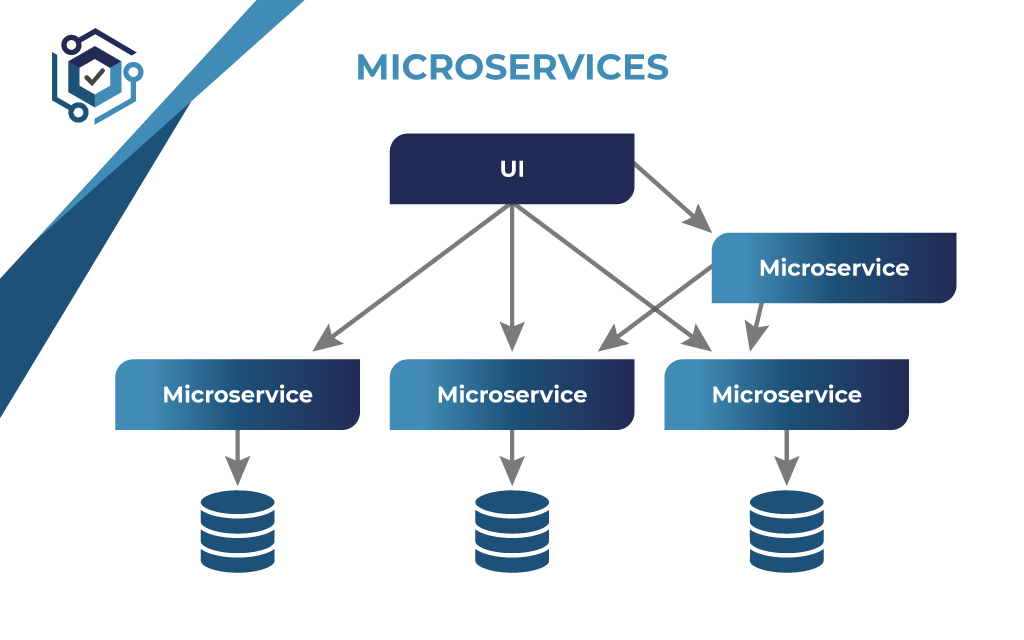
Serverless Architecture
This trend reduces the need for developers to manage servers. Instead, they focus on writing code that runs in response to events. Platforms like AWS Lambda and Azure Functions support this model, which can lead to cost reductions and increased efficiency.
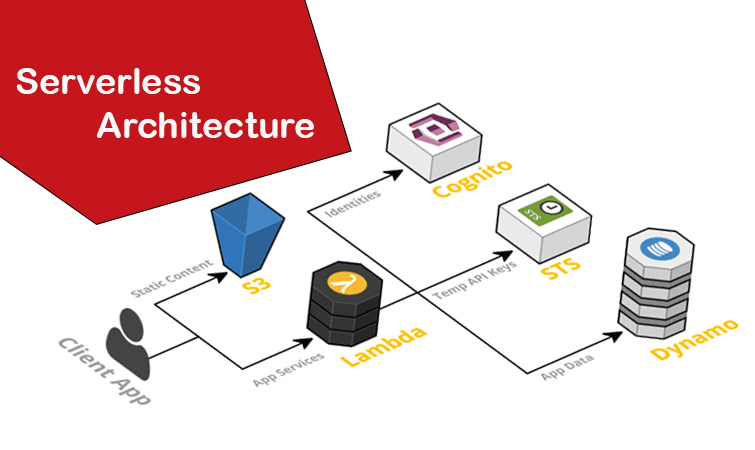
Artificial Intelligence and Machine Learning Integration
AI and ML are becoming integral to backend systems, automating tasks and enhancing decision-making processes. Python, along with frameworks like TensorFlow and PyTorch, are key tools for integrating these technologies.
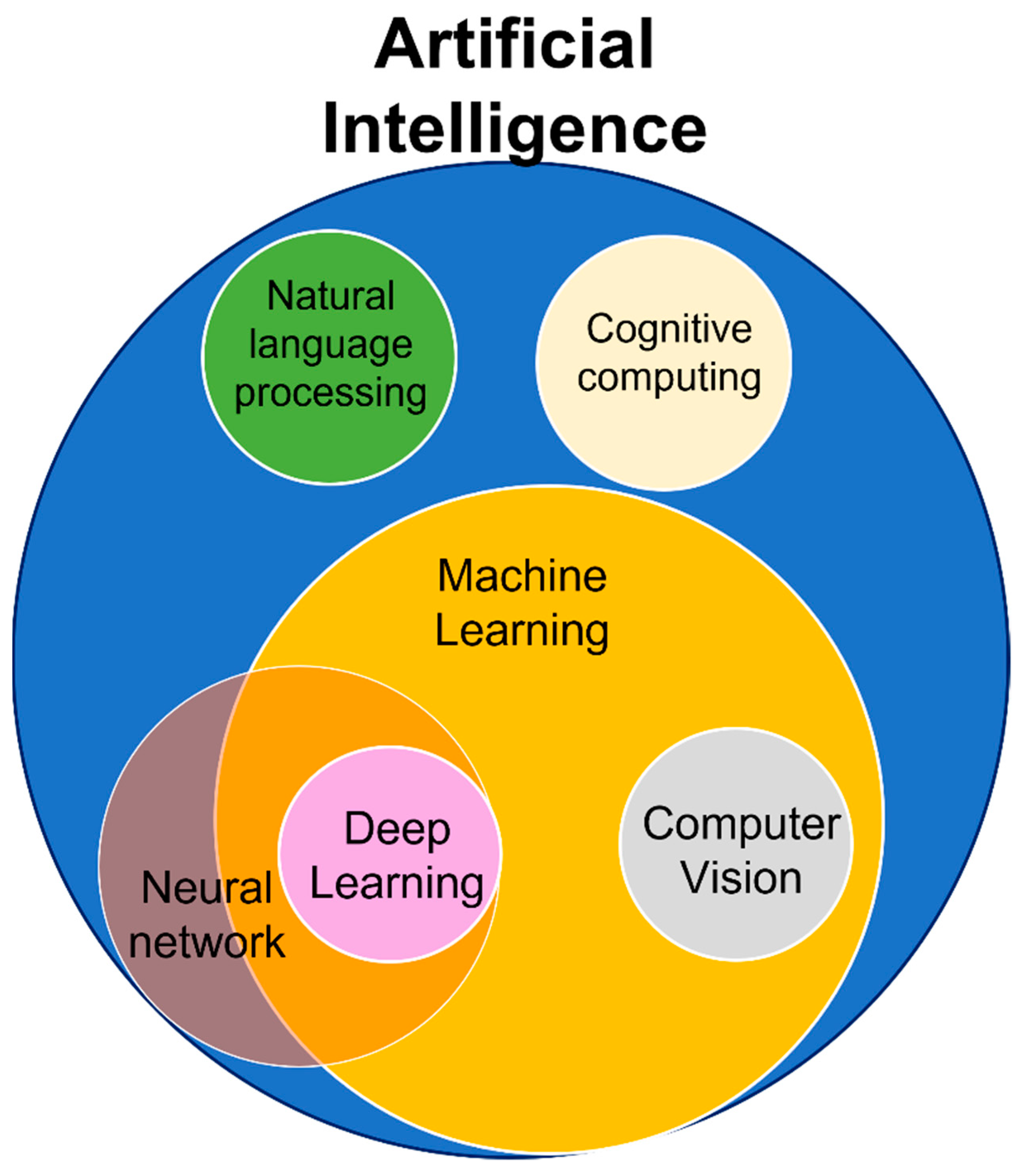
API-First Development
With the growth of web and mobile applications, developing APIs before the actual application is becoming common. This approach ensures that APIs are robust and well-designed, which is crucial for the interoperability of diverse systems and applications.
DevOps Practices
The integration of development and operations aims to shorten development cycles, increase deployment frequency, and create more dependable releases. Tools like Jenkins, GitLab, and CircleCI are vital for implementing these practices effectively.
These trends reflect the dynamic nature of backend development and underline the importance of continuous learning and adaptation. For developers seeking the best career growth opportunities, staying updated and proficient in these areas is key to success in the evolving landscape of backend engineering.
Hidden Growth Opportunities
In the filed of backend development, numerous hidden career growth opportunities can lift a developer's career to new heights. Backend developers can uncover valuable career growth opportunities by diving deeper into specialized areas, pursuing further education, and engaging with the community.
Specialization Areas
Exploring specialization areas is a strategic move for backend developers looking to enhance their expertise and unlock new career growth opportunities in today's dynamic tech landscape.
Blockchain Technology: As industries start to embrace blockchain for more than just cryptocurrencies, backend developers with expertise in blockchain technology are increasingly in demand. Developing secure and decentralized applications requires a deep understanding of blockchain frameworks such as Ethereum and Hyperledger. Specializing in this area opens up the best career growth opportunities not only in fintech but also in sectors like healthcare, logistics, and more.
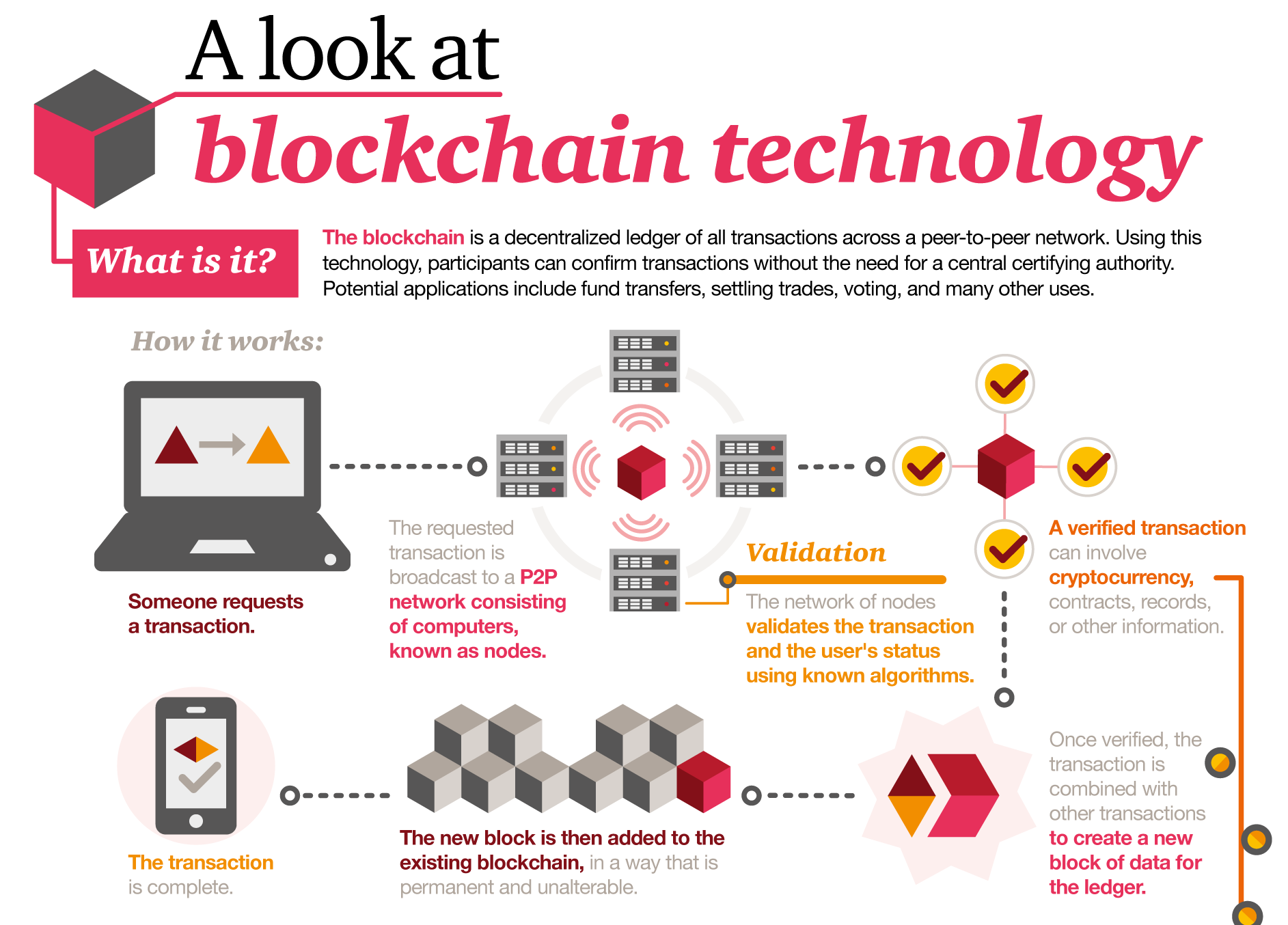
Internet of Things (IoT): IoT devices are becoming increasingly popular, and managing the data they generate involves complex backend operations. Specializing in IoT can involve working on data ingestion pipelines, real-time data processing, and device management platforms. Skills in MQTT, CoAP, and IoT security are highly valuable in this rapidly expanding field.

Big Data and Analytics: Companies increasingly rely on big data technologies to drive decision-making and improve customer experiences. Backend developers can specialize in big data processing frameworks like Apache Hadoop and Apache Spark, and learn how to manage large datasets effectively, perform complex transformations, and extract valuable insights.

AI and Machine Learning: AI and ML are penetrating various aspects of business, from customer service to automated decision systems. Backend developers with skills in designing and deploying machine learning models, managing AI-driven applications, and handling the computational complexities of these systems are finding a surge in career opportunities.
Certifications and Education
Pursuing certifications and further education can significantly boost a backend developer's career.
These certificates enhance technical skills and open doors to advanced roles and best career growth opportunities, keeping pace with the industry's evolving demands and innovations.
Certification Programs: Certification can significantly improve a backend developer’s career growth opportunities. Certifications in AWS, Azure, and Google Cloud validate cloud computing skills, while certifications from Cisco or CompTIA can boost networking and security expertise. For those interested in DevOps, the Kubernetes Administrator or Docker Certified Associate are excellent choices.
Advanced Degrees: Earning a master’s degree in software engineering, computer science, or a related field can open up higher-level positions and leadership roles. Specialized programs focusing on data science, artificial intelligence, or cybersecurity offer targeted skills that are highly desirable in the industry and can open up several career growth opportunities.
Open Source Contributions
Engaging with open-source projects offers backend developers a platform to sharpen their skills, collaborate with peers, and enhance their visibility in the tech community. This involvement is valuable to professional development, pushing boundaries, and fostering innovation, thereby opening various career growth opportunities.
Engagement with Open Source Projects: Contributing to open source projects is a powerful way for backend developers to build their skills, collaborate with other professionals, and get noticed by potential employers. Platforms like GitHub offer many projects ranging from small plugins to large-scale applications, providing developers with opportunities to learn new technologies and demonstrate their capabilities.
Creating Personal Projects: Developing personal projects and sharing them in the open source community can lead to peer recognition and can showcase a developer's problem-solving skills and creativity. Whether it’s a new tool, a library, or an application, personal projects can significantly impact a developer's professional profile.
Leveraging Freelance and Remote Work Opportunities
The shift towards remote work has significantly expanded the best career growth opportunities for backend developers, opening up many freelance and remote work opportunities. These opportunities not only allow developers to work from anywhere but also expose them to a wide range of projects and technologies, enhancing their skills and professional network.
Freelance Platforms
Online platforms like Upwork, Freelancer, and Toptal are great resources for backend developers seeking freelance work. These platforms link developers with clients globally, providing projects from short-term tasks to long-term contracts. Working on various projects through these sites helps developers create a strong portfolio and gain exposure to different industries and technologies.
Remote Positions
Many companies are now offering permanent remote positions, allowing backend developers to join global teams from their home offices. These positions often come with the flexibility of setting one's own hours, providing a balance between work and personal life. Remote jobs can be found on job boards like Remote and We Work Remotely, which specifically list career growth opportunities for remote work.
Building a personal brand
Building a personal brand is essential for backend developers aiming to stand out in a competitive field. A strong personal brand showcases your expertise, attracts potential employers or clients, and opens doors to career growth opportunities that can increase your visibility in the tech community.
Networking and Personal Branding
Building a strong online presence and network is crucial for securing best career growth opportunities.
Participating in online communities like Stack Overflow and GitHub can help backend developers showcase their expertise and connect with potential employers.
Regularly updating a personal blog or portfolio website with project experiences and technical insights can attract freelance offers and other career growth opportunities.
Continuous Learning and Skill Enhancement
The field of backend development is continually evolving. Staying updated with the latest programming languages, tools, and best practices is essential.
Developers can leverage online courses from platforms like Coursera, Udemy, or Codecademy to keep their skills sharp and remain competitive in the job market.
By tapping into these skill improvements, backend developers can significantly increase their career growth opportunities and enjoy the flexibility of choosing projects that match their interests and career goals.
Conclusion
In conclusion, backend development offers many career growth opportunities for those willing to delve deeper and explore its various facets.
From specializing in emerging technologies like blockchain and IoT to embracing the flexibility of freelance and remote work, each path offers unique advantages and learning experiences.
By continuously updating their skills and staying informed of the latest trends, backend developers can enhance their career growth opportunities and contribute significantly to the success of their companies.
Whether it’s through obtaining specialized certifications, engaging with the open source community, or leveraging global work opportunities, the journey towards becoming a more skilled and versatile backend developer is filled with potential and promise.
Stay proactive and adaptable, and you'll find that growth and success are within your reach.In today's competitive world, enhancing your skills and cultivating strong communication qualities are essential for career growth and personal fulfillment.
Relinns Technology offers an excellent platform to achieve these goals. At Relinns, you can discover a wealth of career opportunities designed to help you excel. The company is dedicated to helping you enhance your skills, particularly in communication, through hands-on projects and continuous learning. By joining a team of passionate professionals and working on cutting-edge technologies, you will not only contribute to innovative projects but also hone your communication capabilities.

Frequently Asked Questions (FAQs)
How can backend engineers stay relevant in the evolving tech landscape?
To stay relevant, backend engineers should focus on continuous learning, especially in emerging technologies such as cloud services, DevOps practices, and containerization with tools like Docker and Kubernetes. Gaining AI and machine learning expertise can also provide a significant edge, as these technologies are becoming integral to backend processes.
What are the best career growth opportunities for backend developers?
The best career growth opportunities for backend developers include specializing in high-demand areas like cloud computing, cybersecurity, and data management. Pursuing leadership roles in software development or branching into freelance and consultancy roles can also lead to significant advancements.
How does one find career growth opportunities in backend development?
Career growth opportunities in backend development can be found by expanding one’s skill set, gaining certifications in modern technologies, and participating in professional networks and communities. Keeping an eye on industry trends and requirements helps identify and seize career growth opportunities for advancement and specialization.

